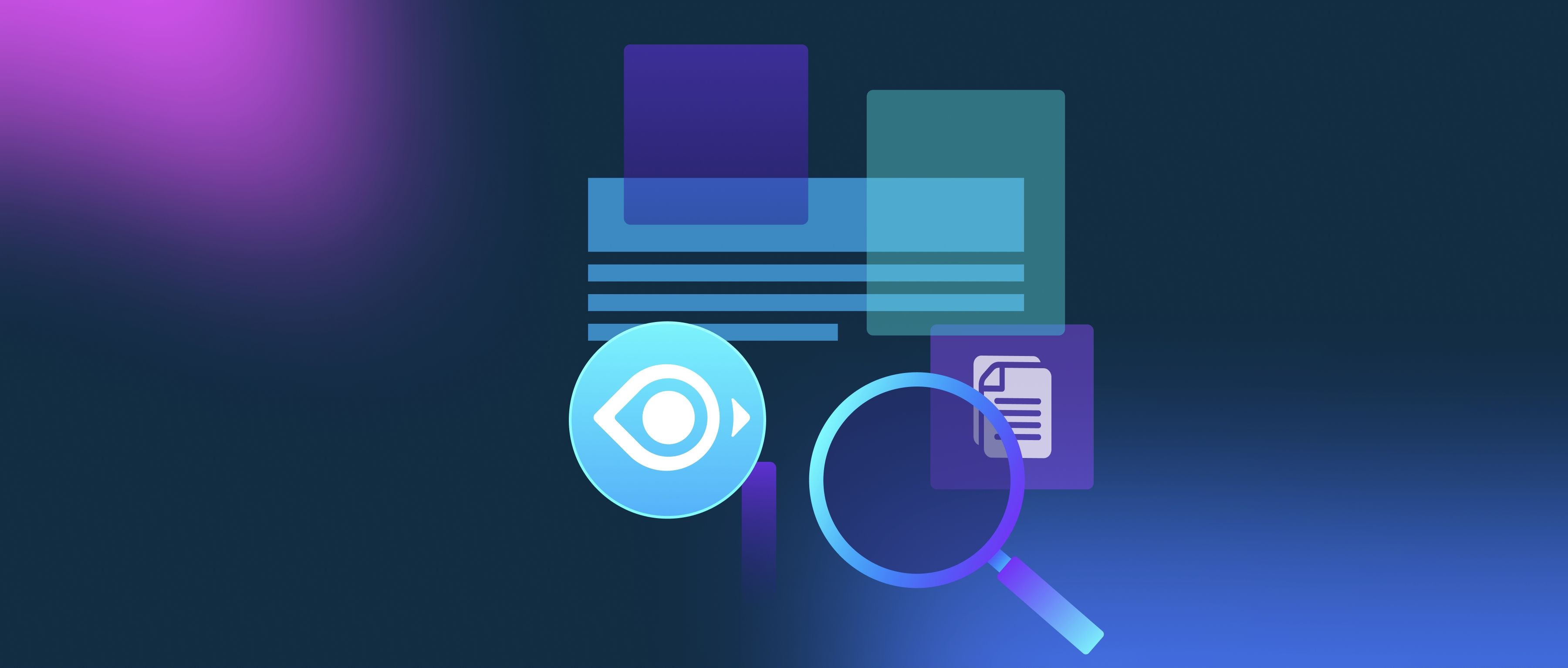OpenAI's models can benefit a wide range of industries by enhancing their operations, improving customer experiences, and streamlining processes. One of the most prominent sectors is the customer service industry. Businesses can use conversational AI to handle frequently asked questions, manage support tickets, and provide quick responses to customer inquiries. For example, companies like Zendesk and Salesforce incorporate AI chatbots into their platforms to enable 24/7 customer support. This lowers response times and frees up human agents to tackle more complex issues.
Another industry that stands to gain significantly is the healthcare sector. Medical professionals can utilize AI models for various applications, including patient triage, diagnosis assistance, and managing patient records. For instance, AI can analyze patient data to suggest potential diagnoses or alert healthcare providers to critical changes in a patient's condition. OpenAI's models can also aid in drug discovery by analyzing vast datasets of molecular structures and predicting potential interactions, thus speeding up the development of new medications.
Finally, the education industry can leverage OpenAI’s models to create personalized learning experiences for students. By integrating AI into educational tools, platforms can assess a student's knowledge and adapt resources to fit their learning pace and style. For example, AI-powered tutoring systems can provide instant feedback on assignments and suggest additional materials corresponding to individual needs. This personalized approach can lead to better educational outcomes and improved engagement among learners. In summary, OpenAI's models can enhance productivity, efficiency, and customer satisfaction across various sectors.
